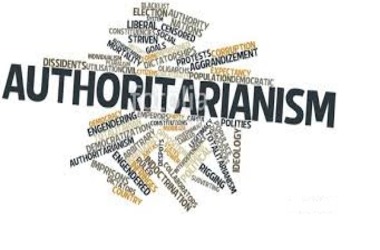
The news release refers the initiative as a “decentralized federation of local advocacy and economic development organizations seeking to combat the rise of authoritarianism in the Asia-Pacific region and around the world.”
Nations like China, according to the announcement, invest in overseas public projects in an attempt to gain complete control over other nations ‘ political freedoms. Such use of financial strength to exercise political influence has supposedly begun to culminate in the spreading of oppressive model of government in other countries such as Indonesia, Sri Lanka and Japan.
The news release illustrates that the the the blockchain-powered program involves using what is being called as the “Liberty Tokens” to establish a shared society and financial structure designed to galvanize local authoritarianism-battling organizations. The action plan also includes a partnership with the token economy of the Wowoo ecosystem.
While Thailand continues to remain under military junta since May 2014—with internet surveillance and and a disassembled senate — the country has indicated that it welcomes both public and private cryptocurrency and blockchain innovation.
Human rights advocacy has long been mentioned as one of the biggest real-world use cases of Bitcoin. Even then, in a press conference in March last year, U.S. whistleblower Edward Snowden expressed fears about the future prospects of Bitcoin, saying that the public blockchain of the cryptocurrency made it vulnerable to misuse.
